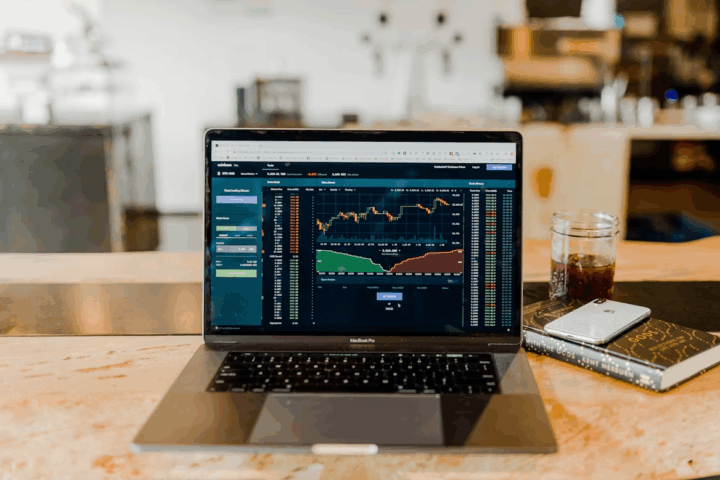Trade wars have been a major topic recently, causing tension between countries and disrupting markets. From tariffs to political disputes, these conflicts are reshaping the global economy. But what does all this mean for market stability? And how do these disputes affect everyday businesses?
Hitting the Numbers
One way to measure the impact of trade wars is through financial figures. Businesses struggle when their costs shoot up due to tariffs. This often reduces profits and puts stress on their finances. Here’s where the interest coverage ratio comes in.
It shows how easily a company can pay off its interest on debt. A lower ratio indicates trouble, signalling that businesses are struggling to stay afloat. During trade wars, this ratio often drops as economic pressure rises. When companies are hit, markets can’t remain stable for long.
The Ripple Effect on Supply Chains
Trade wars don’t stop at tariffs. They disrupt supply chains, too. Imagine a factory that relies on parts made in another country. If tariffs increase, those parts become pricier. Delays in shipments add more problems.
Companies may start looking for local suppliers, but this takes time and money. Such disruptions can cause market instability. Shaken supply chains lead to shortages and rising costs for consumers. Markets tend to react strongly to these changes, often leading to a domino effect of instability.
Investor Knee-Jerk Reactions
Markets thrive on confidence. Investors make decisions based on what they predict will happen. During trade wars, uncertainty reigns. New tariffs or sanctions can emerge suddenly. This keeps investors nervous and quick to pull their money out.
Stock markets, often the first to react, can become highly volatile. When one nation tightens rules, another hits back. This tit-for-tat behaviour creates waves throughout global trade networks.
2025’s Trade War
The current trade war between the US, Canada, Mexico, and China has intensified since President Trump took office in 2025. While some believe it’s an attempt to strengthen America’s economy, others see it as harmful to global trade and stability. With traffic from Canada rising to 25% and other countries following suit, the impact on businesses has been both noticeable and far-reaching.
This surge in international interest has led to increased demand for products and services, forcing companies to adapt quickly. The knock-on effect on supply chains has also been significant, with businesses needing to streamline operations, manage stock more effectively, and ensure timely delivery to meet the growing global demand.
Everyday Consumers Feeling the Pinch
Trade wars don’t just take place at the national level—they impact everyday life, driving up the cost of goods and altering spending habits. Products like electronics and clothing can become more expensive due to higher import costs or tariffs. For example, a smartphone assembled in Asia may face price increases if tariffs are applied to parts or raw materials.
These price increases don’t stop at the checkout. As costs go up, consumers buy less, which affects spending trends and industries like retail, manufacturing, and logistics. Over time, this can lead to job losses and slower growth across sectors. In short, trade wars hit closer to home than many realise.
The View from London’s Economy
Countries like the UK are not immune to these conflicts. London’s economy often reflects the broader global picture. It is a hub for international trade and finance. When trade wars escalate, London feels the strain. Investments decrease, impacting jobs and wages.
The banking and trade sectors face rising costs and shrinking profits. Vibrant hubs like London thrive on stability, but trade wars bring the opposite. This shows how interconnected economies suffer globally.
A Tenuous Outlook for Stability
Unfortunately, it’s hard to predict where trade wars will leave us. Governments may tighten their grip on global trade. Businesses may struggle to adapt to ongoing uncertainty. Markets, constantly on edge, remain vulnerable to sudden shifts. The hope lies in better negotiations and cooperation between nations. Without it, the world risks further economic divides.
Trade wars remind us how fragile market stability can be. They affect everyone, from large corporations to the average consumer. By understanding these impacts, we can better prepare for the changes. But avoiding global conflicts altogether? That’s the real challenge.







